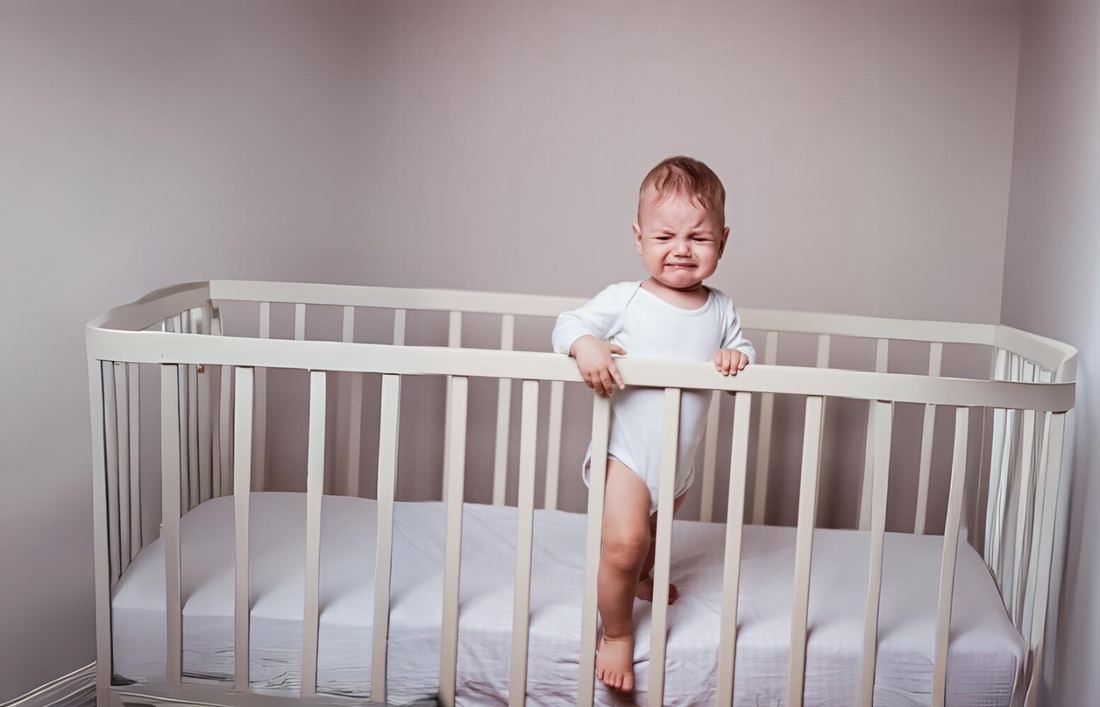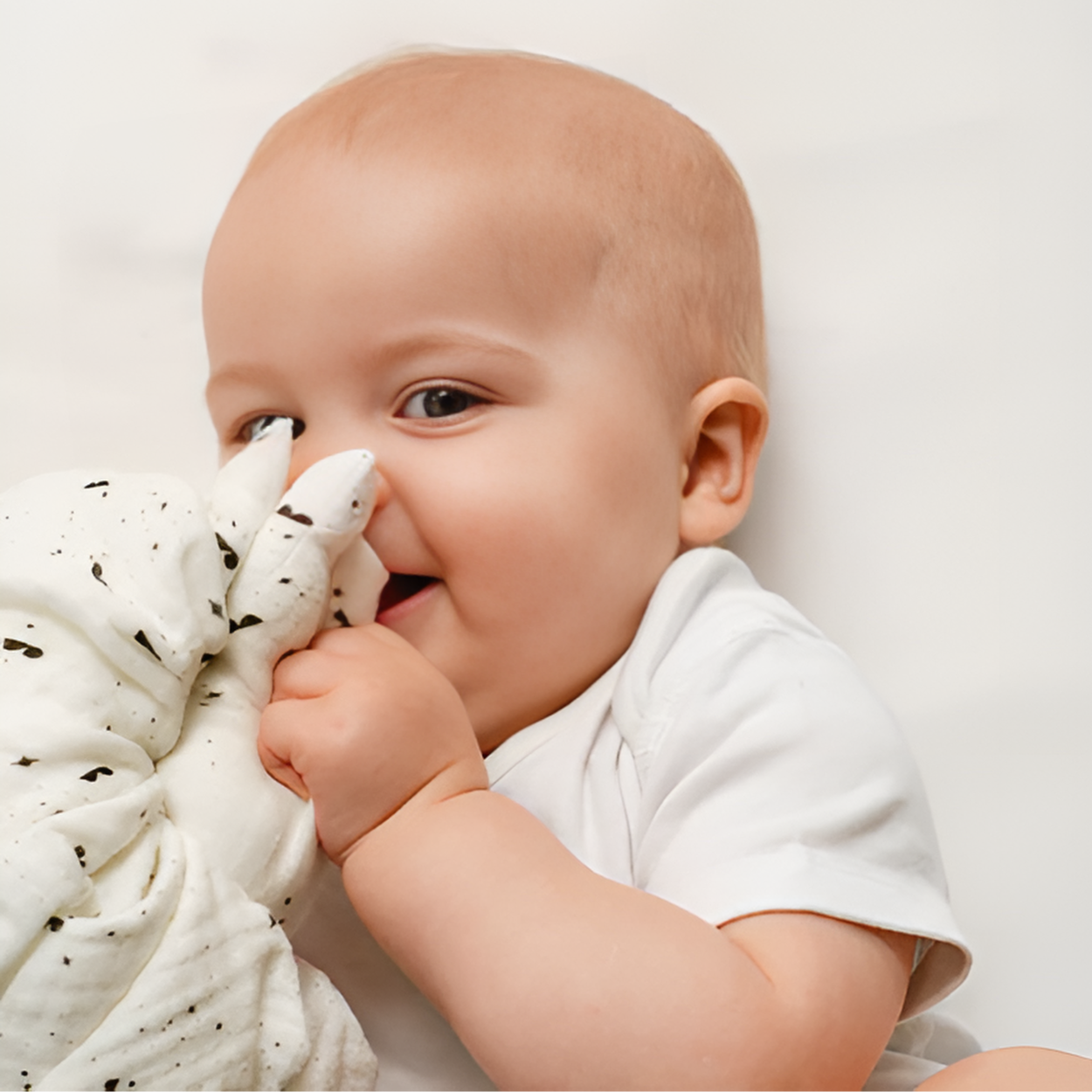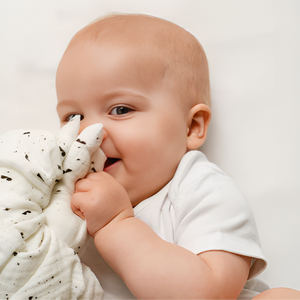
Safety First: Understanding EN71 Safety Standards for Baby Products
Share
As parents, ensuring our little ones' safety and well-being is of utmost importance. When it comes to baby products, we want to be confident that they meet the highest safety standards, free from harmful materials or potential hazards. This is where the EN71 safety standards come into play, providing a comprehensive framework for ensuring the safety of toys and children's products in the European Union.
What are EN71 Safety Standards?
EN71 is a set of safety standards developed by the European Committee for Standardisation (CEN) under the Toys Directive 2009/48/EC. These standards outline strict requirements for toys and children's products sold in the EU, covering various aspects such as flammability, chemical composition, mechanical and physical properties, and more.The EN71 standards are among the most stringent in the world, ensuring that products intended for children aged 14 and under are thoroughly tested and meet rigorous safety criteria. This not only protects children from potential harm but also gives parents peace of mind when purchasing products for their little ones.
Why are EN71 Standards Important for Baby Products?
Babies and young children are particularly vulnerable to potential hazards due to their natural curiosity and tendency to explore their surroundings through touch, taste, and play. Their delicate skin and developing bodies are also more susceptible to the effects of harmful substances or materials. By adhering to EN71 standards, baby product manufacturers ensure that their products are free from hazardous chemicals, have no sharp edges or small parts that could pose a choking risk, and are designed with safety as a top priority. This level of scrutiny and attention to detail is crucial when it comes to products that will be in close contact with your baby's skin or used during sleep and playtime.




